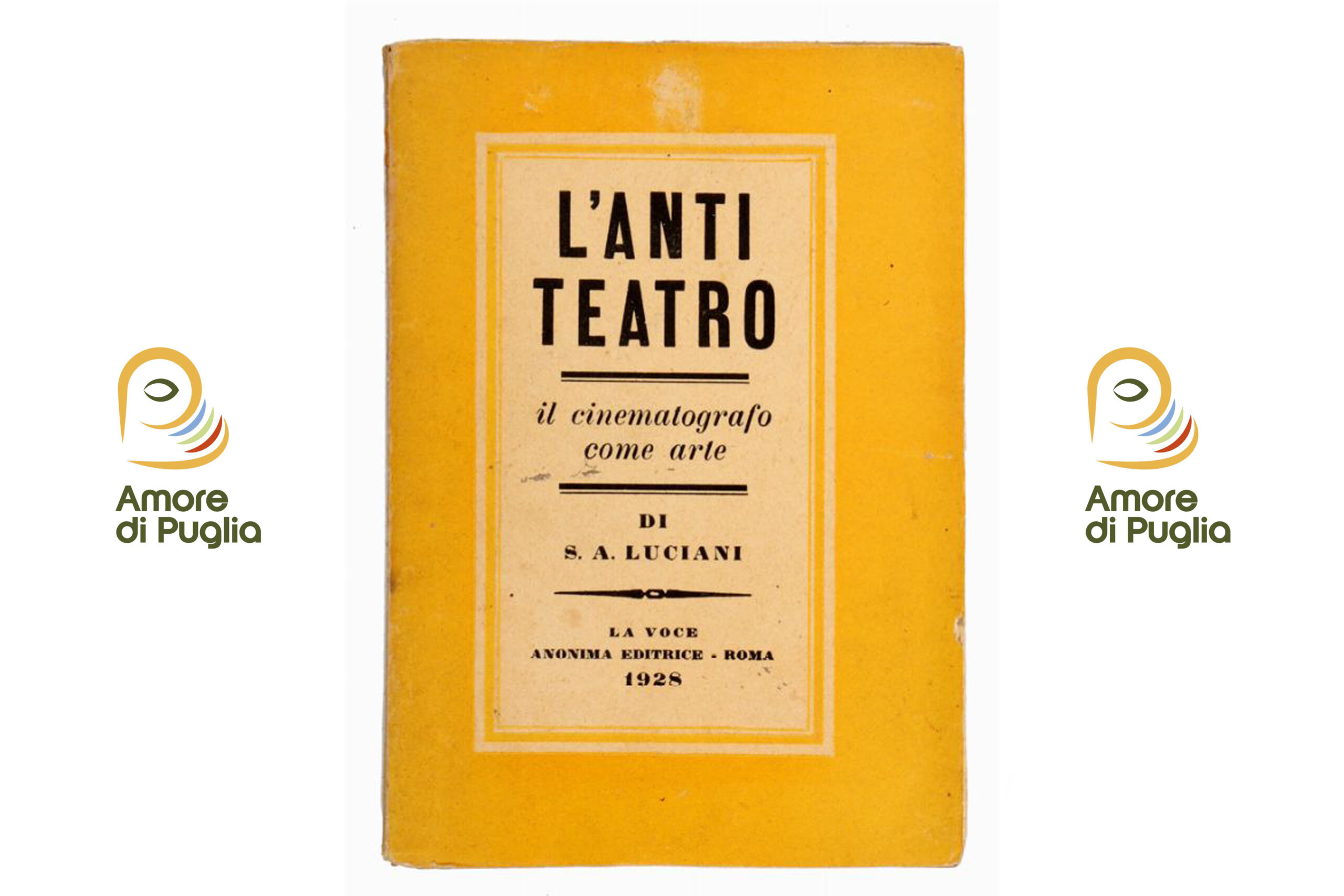Cart
1
Quantity
4,00 €
Product You May Also Like
Payment details
Sub Total
4,00 €
Shipping
Free!
Total
4,00 €
Apply

 Taralli with Salento Dried Tomatoes
Taralli with Salento Dried Tomatoes




















Leave a comment